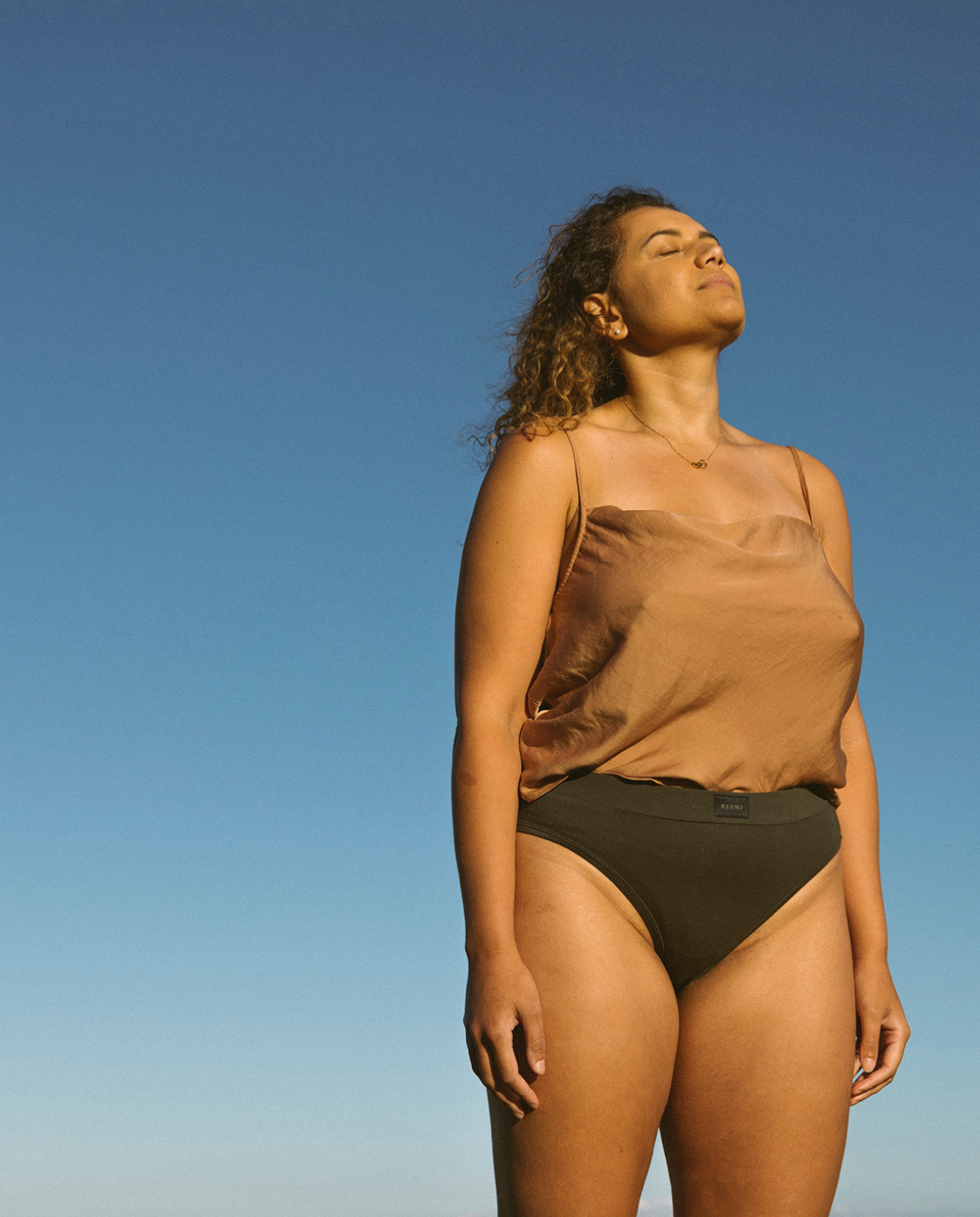
Period Poverty - Just How Bad Is It?
Share
A million seconds is 12 days. A billion seconds is 31 years.
We use this expression to help us get a better understanding of global poverty. Because let’s be honest, flicking through news isn't always the easiest way to grasp the enormity of social issues that occur outside our borders.
As we dive into systemic issues around periods in different corners of the globe, we get asked all the time why we are not working on period poverty in Aotearoa? And we hear you, we really do!
Firstly, we want to tautoko the work of The Period Place. Our friends that work literally down the road and are championing the end of period poverty in New Zealand in 10 years. We fully believe and support that they will achieve this ambitious goal.
They’ve schmoozed Jacinda, pushed for legislative change, set out a strategic plan and have partnered with grassroots organisations all over Aotearoa.
Of course, they’ve done this in conjunction with The Wa Collective, Dignity NZ and Nest Consulting - among many others. All literally working themselves out of a job, the ultimate goal for any charitable organisation.
We are fortunate enough in Aotearoa, where a budget line can be added so that all school aged children will be able to access free period products. That’s an exceptional win and we’re frothing and proud to be part of this country.
But we also recognise that this opportunity for change is not possible in most of the world. It’s a rare example in a world dogged with complex challenges and increasing poverty levels, exacerbated by covid-19.
For the first time in 20 years, poverty is increasing and not decreasing. We’re experiencing the worst humanitarian crisis of our lifetime, right before our eyes. Unfortunately, this is coupled with funding cuts happening at unprecedented levels for this sector.
For some people around the world, our period woes of the privileged can pale in comparison. We’ve heard of reports of women dying because of cloth they used had metal and they contracted tetanus. Or the practice of chhaupadi that forces women to live separately in huts and have died through fires or snakebites. Workers in India feel forced to remove their uterus, so they can be seen as employable, as penalties can occur for any missed days of work.
Approximately 80-95%* of Bangladeshi women don’t use sanitary products because they are unaffordable or inaccessible. Instead, many women use cloth or torn sari known as ‘nekra’.
One study showed that, due to social stigma, women resort to drying menstrual cloth in secret - often in damp, mouldy and unhygienic places**, like under their bed. And as you can imagine, using unclean cloth has contributed to high rates of vaginal and urinary infections reported across Bangladesh.
Another study reported that 73% of Bangladeshi factory workers missed an average of six days of work per month (resulting in unpaid days) due to infections caused by unhygienic menstrual cloth or rags.***
Taking time off work or skipping school because you have your period isn’t getting anyone ahead, and we’re here to change that. Especially now, as access to products is getting worse due to covid.
All across the world, women have been taught to hide their periods, to make sure no one else knows what is happening to us. But this ‘impurity’ is simply a sign of life. Our bodies are just doing their thing.
Our heart is not to compare the issues at home versus those in the majority world but to find ways to work collaboratively together to achieve these goals, to live in a world where everybody has access to products and education. We’re here for the billions and the millions, whether it takes 12 days or 31 years. Our hope is that everybody experiences dignity for such a normal bodily process.
Join us as we work on making sustainable, culturally appropriate period solutions accessible to all people everywhere, as well as educating around menstrual health and deconstructing tired taboos.

